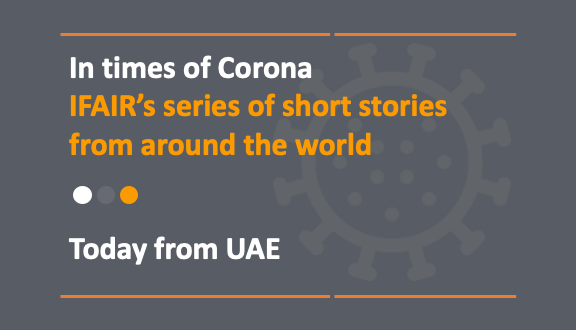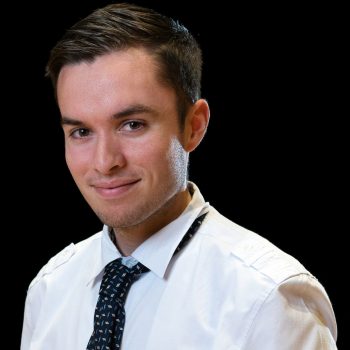
IFAIR’s Series in Times of Corona: Today from the UAE
I am drafting this piece in response to the recent efforts by the government of the United Arab Emirates to combat COVID-19 within the country.
Over the past weeks and through April 5th, the nation underwent a sterilization process to help restrict the spread of the virus using drones which spray sterilization agents all around the country. The drone technology, which is the size of an average dinner table, replaces human workers and thus, removes the risk of contracting the disease while on the streets and allows the employees to remain home. Furthermore, this initiative also dramatically cuts costs of paying workers and transporting them around the country but does still require human maintenance to operate the flying sterilizers in some very densely populated parts of Dubai, Abu Dhabi, and Sharjah. While this innovative technology is a massive initiative and step forward for the country, it brings up a question of if we will see drones replacing the average worker or “chore” in everyday society.
For example, can drones now cut my grass and do my landscaping?

Kevin Dupont
Kevin Dupont is a Current Development Analyst with Foreign Brief, a geopolitical risk firm that is based in Canberra, Australia. Kevin's focus areas are in energy security, political risk and the Middle East (particularly the GCC). Kevin completed a David L. Boren Fellowship in the United Arab Emirates studying Arabic and he has worked in Islamabad, Pakistan, Geneva, Switzerland, Baku, Azerbaijan and Tijuana, Mexico with the United States Department of State and the United Nations. Kevin holds two Bachelor of Arts degrees from Brandeis University in International & Global Studies and Anthropology, as well as Master of Arts degree from the Fletcher School of Law & Diplomacy at Tufts University, where he studied International Security Studies and Southwest Asia & Islamic Civilization. Kevin speaks eight languages including English, French, Spanish, Portuguese, Russian, Polish, Arabic and Italian.
